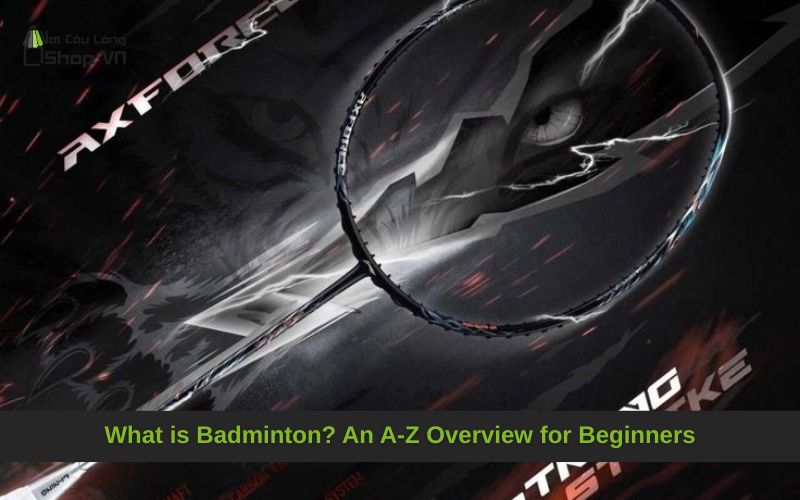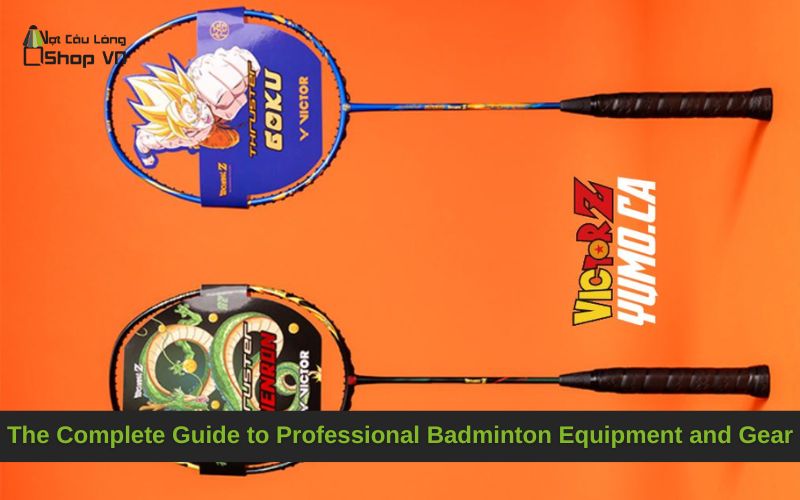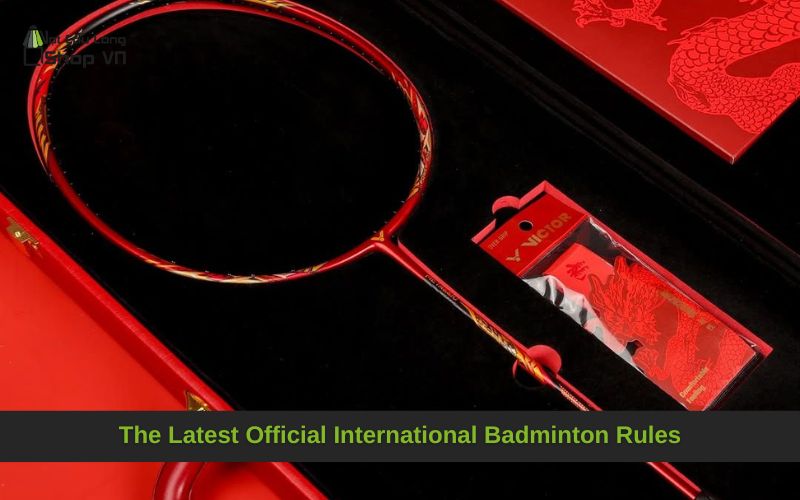Badminton is a dynamic racquet sport where players hit a shuttlecock over a net, requiring agility, hand-eye coordination, and stamina. Popular across Asia and globally, badminton offers fun and improves cardiovascular health, making it accessible for beginners eager to explore shuttlecocks, rackets, and courts.

What is Badminton? An A-Z Overview for Beginners
What is Badminton? An A-Z Overview for Beginners
Badminton is a racquet sport where players use lightweight rackets to hit a shuttlecock across a net on a rectangular court. Known as one of the fastest sports, with shuttlecocks reaching speeds over 400 km/h, it originated from the game battledore and shuttlecock in 19th-century India. Formalized in 1873 at Badminton House, England, it’s now governed by the Badminton World Federation (BWF). Played recreationally or professionally at the Olympics, badminton attracts millions worldwide.
For beginners, badminton blends skill, strategy, and fitness. Matches can be singles or doubles, with the goal of landing the shuttlecock in the opponent’s court or forcing errors. Benefits include enhanced endurance, flexibility, and stress relief. Per BWF, badminton debuted at the 1992 Olympics, with China leading in medals.
The Complete Guide to Professional Badminton Equipment and Gear

The Complete Guide to Professional Badminton Equipment and Gear
Professional badminton equipment is crucial for performance. For beginners, choosing the right gear prevents injuries and enhances gameplay. Essential items include rackets, shuttlecocks, shoes, and apparel.
The badminton racket is key, weighing 80-100g, made of carbon fiber for durability and lightness. Beginners should opt for neutral-balance rackets for control. Visit votcaulongshop for quality options priced between $20-$80.
Shuttlecocks come in two types: feather for professional play and plastic for practice. Feather shuttles offer stable flight but wear out faster.
Badminton shoes require non-slip soles and good cushioning for quick movements. Breathable, sweat-wicking apparel ensures comfort.
Accessories like grips, bags, and wristbands are also vital. Below is a comparison table of basic equipment:
| Equipment |
Description |
Price Range (USD) |
Suitable For |
| Racket |
Lightweight, carbon fiber |
20-120 |
Beginners to pros |
| Shuttlecock |
Feather/plastic |
2-8/tube |
Practice/competition |
| Shoes |
Rubber sole, EVA cushion |
30-100 |
Injury prevention |
| Apparel |
Breathable, stretchable |
10-40 |
Comfort |
For high-quality options, check out Buy badminton racket from trusted sources.
Mastering Badminton Techniques: From Basic to Advanced
Mastering badminton requires learning techniques from basic to advanced. Start with the ready position: feet shoulder-width apart, knees slightly bent, racket raised in front.
Proper Racket Grips and Stances
Correct grip is foundational. Forehand grip: hold like a handshake, thumb alongside fingers. Backhand grip: slightly rotate wrist for thumb support. Basic stances include:
- Attacking stance: Lead foot forward, low center of gravity.
- Defensive stance: Wide feet, ready to move.
Practice smooth grip transitions to avoid errors.
Agile and Effective Full-Court Footwork
Footwork determines court coverage. Key movements:
- Chasse step: Quick lateral movement.
- Jump step: For smashes or clears.
- Lunge: Move toward the net.
Practice shadow badminton—moving without a shuttle—to boost speed and agility.
Analyzing Common and Effective Badminton Shots
Common shots include:
- Clear: High shot to the back for defense.
- Drop shot: Soft shot near the net to deceive.
- Smash: Powerful downward shot, high speed.
- Drive: Fast, flat shot across mid-court.
Analysis: Smashes work when opponents are at the back; drop shots disrupt rhythm.
Winning Singles and Doubles Match Strategies
Singles strategy: Control pace with clears, finish with smashes. Doubles: Coordinate positions—one attacks, one defends. Use rotation for wider court coverage.
The Latest Official International Badminton Rules

The Latest Official International Badminton Rules
BWF rules (updated 2025) ensure fairness. Matches are best of 3 games, each to 21 points, winning by 2 (max 30). Points are scored on every successful rally.
Detailed Regulations for the Court and Net
The court is 13.4m long, 5.18m wide (singles) or 6.1m (doubles). Net height is 1.55m at the center, 1.524m at edges. Lines are clear; touching the net is prohibited.
How to Serve and Score Points Correctly
Serve below the waist, feet not touching lines. Singles: Serve diagonally. Doubles: Alternate serves after winning points. Scoring: Win a rally = score and serve next.
A Guide to Common Faults in Badminton
Common faults:
- Serve faults: Shuttle hits server or goes above waist.
- Shuttle lands out or hits the net.
- Touching opponent’s racket or crossing into their court.
Key Rule Differences Between Singles and Doubles
Singles: Narrower court, serve from short line. Doubles: Wider court, serve from right when score is even, and any player can hit after the first return.
Improving Badminton-Specific Strength and Stamina
Enhancing badminton-specific strength and stamina requires structured training. Focus on HIIT to mimic short, intense rallies.
Strength exercises: Squats and lunges for legs, planks for core, shoulder presses for shoulders. Train 3-4 times/week, 3 sets of 10-15 reps.
Stamina: Interval running (30s sprint + 30s rest, 10x) or shadow footwork for 20 minutes. Combine with nutrition: high protein, complex carbs for recovery.
Studies show badminton burns 400-500 calories/hour, so add aerobic activities like swimming to boost VO2 max.
Major Tournaments and Legends of World Badminton
Major tournaments shape global badminton. The Olympics (since 1992) is the pinnacle, with 5 events. BWF World Championships (annually, except Olympic years) award world titles. Thomas Cup (men’s teams, since 1949) and Uber Cup (women’s teams, since 1956) occur biennially. Sudirman Cup (mixed teams, since 1989) is prestigious. All England Open (since 1899) is the oldest, a Super 1000 event.
Legends: Lin Dan (China) with 2 Olympic golds, 5 World Championships. Lee Chong Wei (Malaysia) earned 3 Olympic silvers. Saina Nehwal (India) pioneered for Asian women. Viktor Axelsen (Denmark) dominates with powerful smashes.
Badminton is an exciting sport for beginners, blending fun and challenge. From basic equipment to advanced techniques, rules, and training, this A-Z guide equips you to start strong. Practice regularly and join communities to improve. Badminton enhances both physical fitness and mental resilience.



